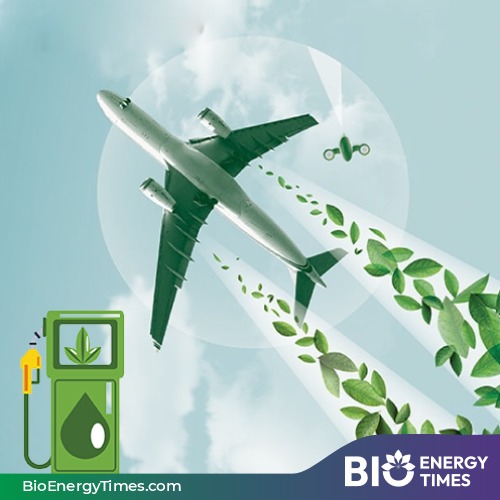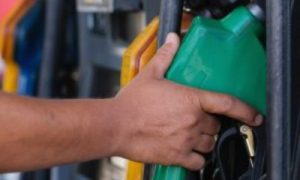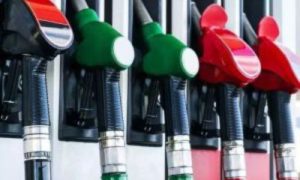Indonesia continue to promote fuel blending policies to reduce energy import

Indonesia is pushing fuel blending to curb costly energy imports. Biodiesel has already cut diesel reliance and supported the palm oil sector. The government now targets E10 ethanol blending and DME to replace LNG. Officials say reducing import dependence will protect foreign exchange, strengthen domestic industries, and advance energy self-sufficiency.
Jakarta – The government continues to strengthen measures to reduce dependence on imported energy, which has been a burden on the country’s foreign exchange reserves. One of the main strategies currently being accelerated is the fuel blending policy — mixing fossil fuels with plant-based energy sources such as biodiesel and ethanol.
Minister of Energy and Mineral Resources Bahlil Lahadalia stated on Thursday, October 30, that Indonesia’s annual energy imports have reached Rp520 trillion (USD 31.23 billion)—a significant amount that could deplete the country’s foreign exchange reserves. To address this, the government views the blending policy as a step to reduce import dependence while strengthening national energy security and self-sufficiency.
“Every year, we lose Rp520 trillion to purchase energy raw materials from abroad. The Indonesian people’s money is actually being used to enrich other countries,” said Bahlil.
Still comfortable with the import scheme
According to Bahlil, some businesspeople still want to maintain energy import practices because they benefit from the import quota system that has been in place so far. “Those who want imports to continue are the parties who are too comfortable with the system. They enjoy large margins from import activities,” he said.
However, Bahlil continued, President Prabowo Subianto’s administration is committed to reducing dependence on foreign energy supplies, in line with the policy direction of energy independence and national downstreaming.
Bahlil said that “before the biodiesel program, we imported around 34 million tons of diesel fuel per year. Now, after the implementation of B10–B40, imports have fallen dramatically to around 4.9 million barrels per year.”
This biodiesel program not only reduces imports but also strengthens the domestic palm oil industry, which is the main source of vegetable blend raw materials.
Ethanol and DME are the next focus
After biodiesel, the government also began preparing for the implementation of ethanol blending in gasoline under the E10 scheme (10 per cent ethanol blend). This step is expected to reduce gasoline imports while growing the national bioethanol industry based on local raw materials such as sugar cane and cassava.
The government is also preparing a strategy to replace liquefied natural gas (LNG) imports with Dimethyl Ether (DME), a product of domestic coal downstreaming.
This energy blending and downstreaming policy is part of a broader roadmap for national energy transition towards energy security and sovereignty. The government believes that by expanding the use of energy based on domestic resources, Indonesia can reduce its energy trade deficit, strengthen local industries, and create new jobs. (Hartatik)
To Read more about Ethanol Industry & Bio Energy News, continue reading Agriinsite.com
Source : Tanahair















